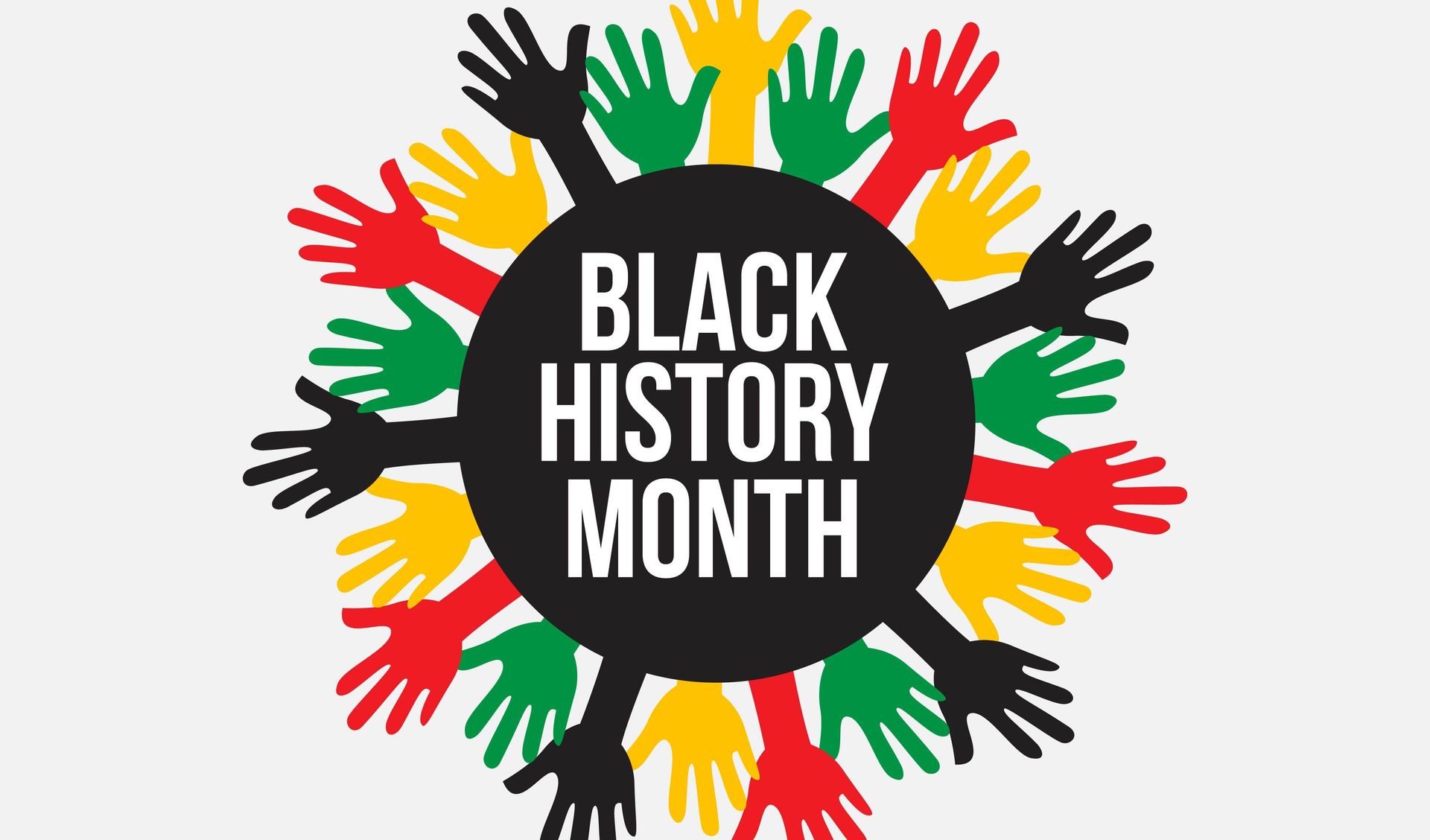Understanding the Workplace Culture Challenges for African Americans in Tech
For African Americans entering the tech industry, workplace culture can be both a source of opportunity and, unfortunately, a source of significant challenges.

For African Americans entering the tech industry, workplace culture can be both a source of opportunity and, unfortunately, a source of significant challenges. Despite a growing focus on diversity, equity, and inclusion (DEI), many tech companies still struggle with fostering truly inclusive environments where African American employees feel welcome and valued. This lack of inclusivity can manifest in various ways, from microaggressions to unconscious bias, and can significantly impact career satisfaction and growth.
A notable example that highlights the difficulties African Americans can face is the experience of Dr. Timnit Gebru, a respected AI ethics researcher. In 2020, Dr. Gebru, a Black woman, was dismissed from Google following disagreements over her research on ethical AI and diversity issues within the company. Her departure highlighted broader concerns about whether tech companies are willing to address uncomfortable truths about race, ethics, and bias. This incident underscored the challenge of speaking up in environments where diversity is not deeply embedded in company culture.
Another example comes from research by McKinsey & Company, which found that Black employees are underrepresented at nearly every level in the tech industry, especially in senior and leadership roles. Black professionals in tech often report feeling isolated, with fewer mentors or sponsors who can help them advance. This lack of representation can leave African American employees feeling marginalized and unsupported, perpetuating a cycle where their voices and perspectives are often overlooked.
So, how can African American professionals navigate these challenges? Here’s one strategy:
finding and leveraging supportive networks. Building relationships with mentors, allies, and employee resource groups (ERGs) can provide crucial support. ERGs, in particular, offer a safe space to share experiences, learn from others, and advocate for change. They also create visibility for diversity issues and promote accountability within organizations.
Another important approach is
documenting accomplishments and challenges. Keeping a record of your achievements and any instances of bias or unfair treatment can be empowering and practical. This documentation provides evidence to support conversations with managers or HR if issues arise, helping African American employees advocate for fair treatment and recognition.
While these strategies don’t eliminate all challenges, they can help African Americans navigate workplace culture more effectively. With resilience, support, and a proactive approach, African Americans can foster change and thrive in tech, even in the face of systemic challenges. For the tech industry to reach its full potential, companies must commit to making cultural inclusivity more than just an initiative—it must be a core value that benefits everyone.










